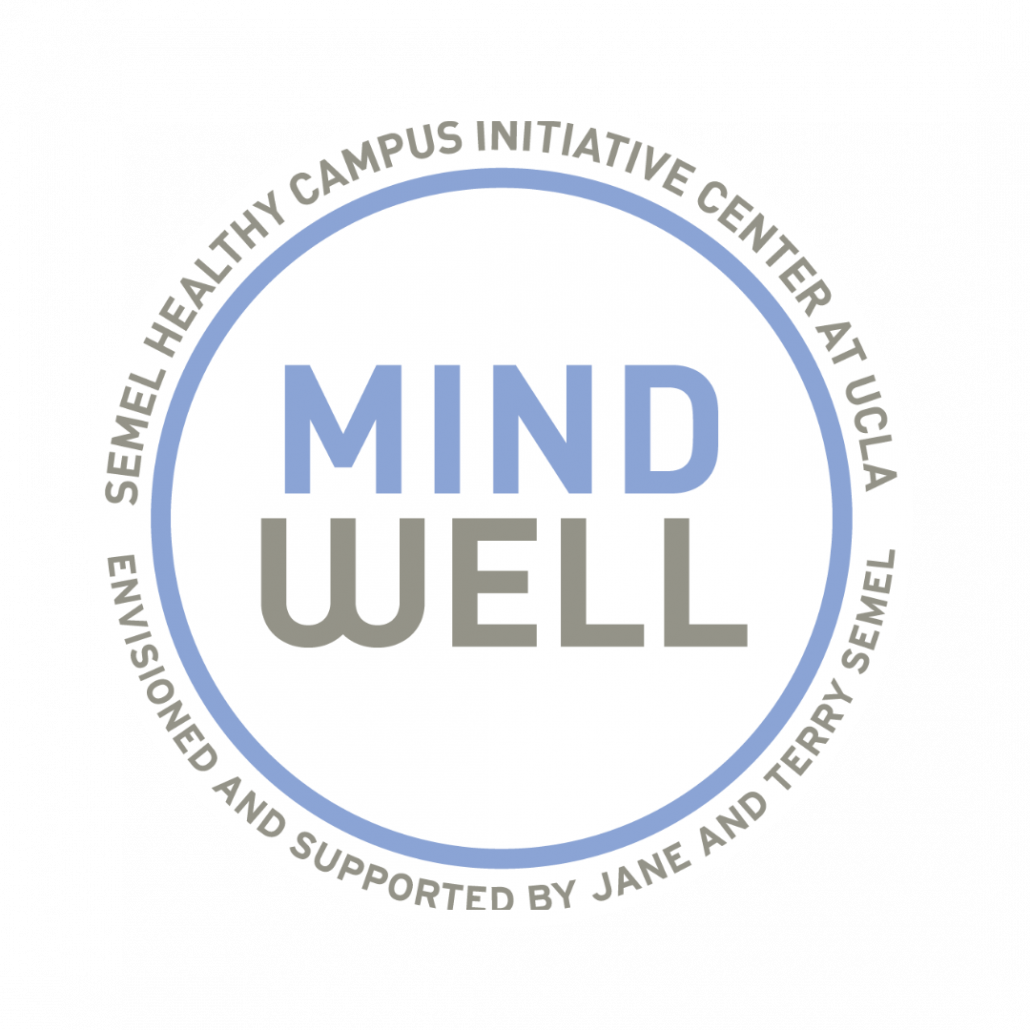5 Non-traditional New Year’s Resolutions for the Body, Mind, and Soul
Every 365 days, a large, sparkly ball drops in Times Square, New York, and the millions of us that watch it often resolve to make up a list of “improvements” or “guidelines” to stick to throughout the next 365 days to come. Some people, however, opt out of making New Year’s resolutions, because they believe they can make a positive change in their life whenever they want to. I, for one, have never actually made a New Year’s resolution.
The more I talked about this with friends and family, the more I realized that part of the reason New Year’s resolutions can be frowned upon is because many of them revolve around being physically attractive, and, in addition to that, can be overly ambitious, setting us up for failure. However, I believe New Year’s resolutions should promote beneficial change in your day-to-day life, and that they shouldn’t push you too far out of your comfort zone such that you wish to give them up before receiving their benefits. With that being said, here is a list of five unique ideas for New Year’s resolutions that will benefit your overall well-being. Adopt them yourself or use them as inspiration to come up with your own resolutions. Even if you aren’t the kind of person to create New Year’s resolution lists, and even though it is a couple weeks past January first, any of these resolutions can be added to your day-to-day life to create positive habits.
1) Check in with your body daily
No one knows your body as well as you do, so it’s important to listen to it to keep it healthy and running smoothly. With school, work, family, and social lives to balance, among other things, your body is put through a lot of stress and exertion (which can lower your immune system!), so it’s important to take five to ten minutes everyday to assess how your body is feeling. After you check in with you body, it will help you decide what it needs. Maybe your body needs a rest so you stay inside and read a good book, or maybe it’s feeling energized so you take a walk. Our bodies are our homes, and our most relied upon mode of transportation, so understanding how they are feeling will lead to better, happier days.
2) Smile every morning
Smiling is not only contagious, but can also lift our mood, as well as the moods of those around us, so when rolling out of bed for that early morning class, take a couple seconds to exercise those cheek muscles. The act of smiling causes neuropeptides to be released, which send neural messages throughout your entire body, triggering the release of Dopamine, Serotonin, and Endorphins, all of which create a feeling of euphoria. It may just make that blaring alarm sound a bit more soothing, and the rest of your day seem all the more pleasant.
3) Keep a dream journal
The idea of a dream journal being beneficial for mental health has been around since the time of Sigmund Freud. We can only remember a small portion of the dreams we have every night, and, without writing them down, we will eventually forget even that. Keeping track of your dreams and reflecting upon them can give you a better look inside of yourself, as well as benefit your psychological and emotional health through its therapeutic nature and possibility to help one work through unprocessed material of our minds during sleep. On top of being a great destresser, dream journaling can also boost creativity, which is useful in just about every aspect of life.
4) Read more poetry
Poetry, and sometimes literature in general, can seem so daunting or challenging that it makes us stray away from it, but don’t let those be excuses for not picking up a book and diving into a different world. The benefits of poetry are vast, ranging from improved critical thinking and innovation skills, to allowing for more creative problem solving solutions, as well as increasing the reader’s empathy and emotional wellbeing, and those are only to name a few. Everyone can benefit from acquiring these skills, especially college students who have their brains tested every day of class. One more plus to reading poetry on your own is that you can choose to read whichever authors, or themes, or time frames you are interested in, and since you are in control of your poetic experience, you will be more apt to continue with it throughout the year.
5) Volunteer more
There are over seven billion people on the planet, many of which need help in one way or another. Furthermore, there are many, many organizations that allow for supportive connections to be made for just about any cause you may be interested in. Volunteering produces double the benefits; you benefit from partaking in something you care about, and others benefit from you donating your time and support. Some great organizations to get involved with are Let’s End Poverty, A Place Called Home, and the Young Storytellers Foundation. Don’t worry if you don’t know about any specific organizations that you would like to join, or if you don’t know what exactly you would like to get involved with; there are several resources available that can assist in the process, and give you ideas for local organizations, as well as ones abroad, which may be just what you’re looking for.
New Year’s resolutions are all about you, so if you’re going to create a list of resolutions, compile one with things that you like, but may not have made enough time for in the previous year, or maybe things that you want to find out if you like or not. There is no rulebook for making resolutions, so let your list take you wherever you want to go. If, after reading this, you’re still opposed to making New Year’s resolution lists (like myself), then maybe try out one or two of the things mentioned above in your daily life for no reason other than it makes you happy, or if you’re happy as is and don’t want to make any additional changes, then you don’t have to. If you have any ideas for non-traditional resolutions that didn’t appear on the list that you want to share with others to inspire a new addition to their collection, comment below or online. Cheers to another round of 365 days of possibilities.
Aubrey Freitas is an undergraduate student at UCLA double majoring in English Literature and Psychology with a minor in Italian. She is a blogger for the UCLA Healthy Campus Initiative in the Mind Well section, which focuses on the importance of mindfulness and mental health. Aubrey is the founder of the organization Warm Hearts to Warm Hands, which teaches the skill of knitting to people of the community in return for their donation of an article of clothing they create with the skill, to be given to local homeless shelters.



